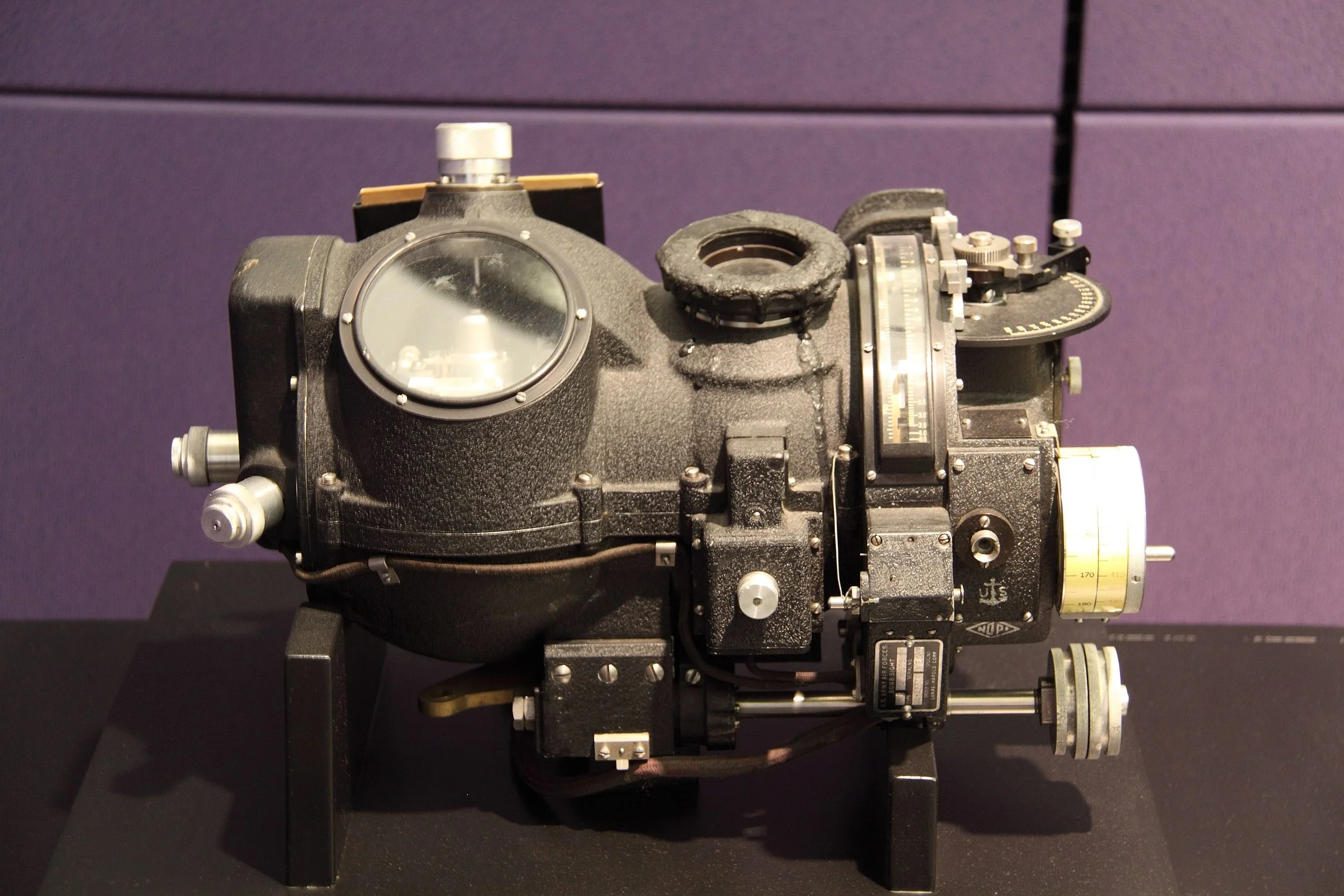Mobile Joins the Fight
With America’s formal entry into World War II following the attack on Pearl Harbor in December 1941, Mobile fully mobilized. In January 1942, Brookley Field began its operations as a supply hub and aircraft maintenance point. As fears of sabotage grew in crucial cities, the Mobile Press Register announced in May 1942 that the FBI was offering "Anti-Espionage Classes" for local law enforcement personnel to protect vital defense industries.Around the same time, the State Defense Council initiated citywide blackout drills starting in Mobile and moving northward. Towns with populations of 5,000 or more participated, culminating in a major speech by Governor Dixon emphasizing the seriousness of civil defense.
One of Mobile’s greatest champions during this time was Congressman Frank Boykin, a figure who energetically promoted his hometown. Thanks to Boykin’s lobbying, Mobile was chosen over Tampa, Florida, as the site of a major Army Air Forces supply and bomber modification facility. Built on marshland next to the bay, Brookley Field became the only Air Forces depot in the country with direct access to an ocean terminal. The Southeast Army Air Depot at Brookley stocked supplies and aircraft parts for the southeastern United States, Puerto Rico, and the Caribbean, while the Mobile Air Service Command performed essential maintenance and modifications on bombers like the B-24 Liberator and B-29 Super fortress, flown in from around the world. Brookley would also be the facility where the crucial Norden bombsight, vital for accuracy on American bombing missions was calibrated and repaired in a secret facility
In addition to Brookley Field, Boykin also used his influence as a ranking member of the House Merchant Marine and Fisheries Committee to pressure the Maritime Commission into awarding valuable shipbuilding contracts to Mobile’s shipyards, further boosting the city's wartime economy.
Throughout this period, Congressman Boykin remained a tireless booster of Mobile’s growth and war contributions. Congressman Boykin was a great booster of the port city. He loved telling people that “If you can’t get into Heaven, at least visit Mobile.”
Japanese attack on Pearl Harbor during World War II, 7th December 1941. (Photo by Keystone/Hulton Archive/Getty Images)
Hangar Workshop at Brookley Field. Air Force Historical Research Agency
Norden Bombsight. Computer History Museum in Mountain View, CA
Alabama 1st District Representative Frank Boykin circa 1953



